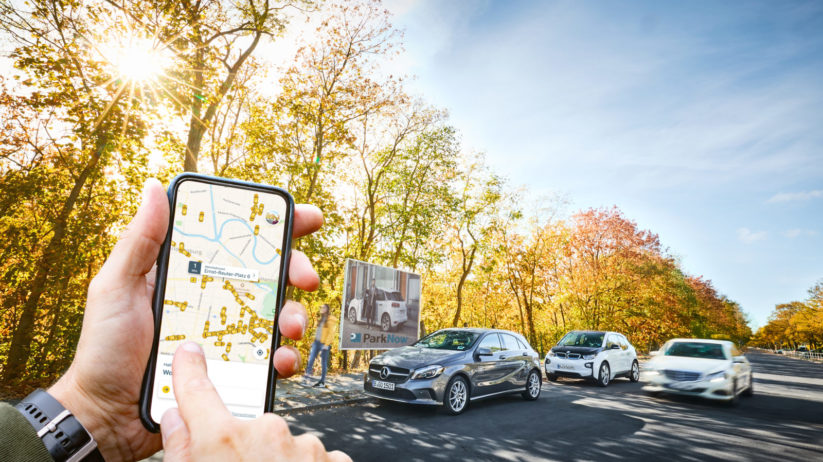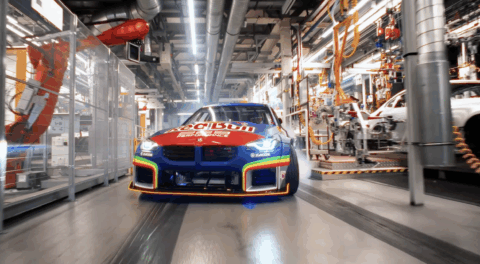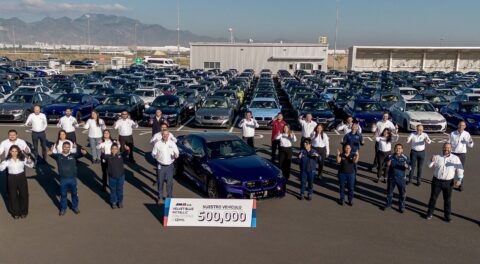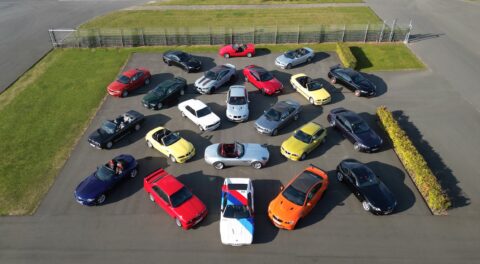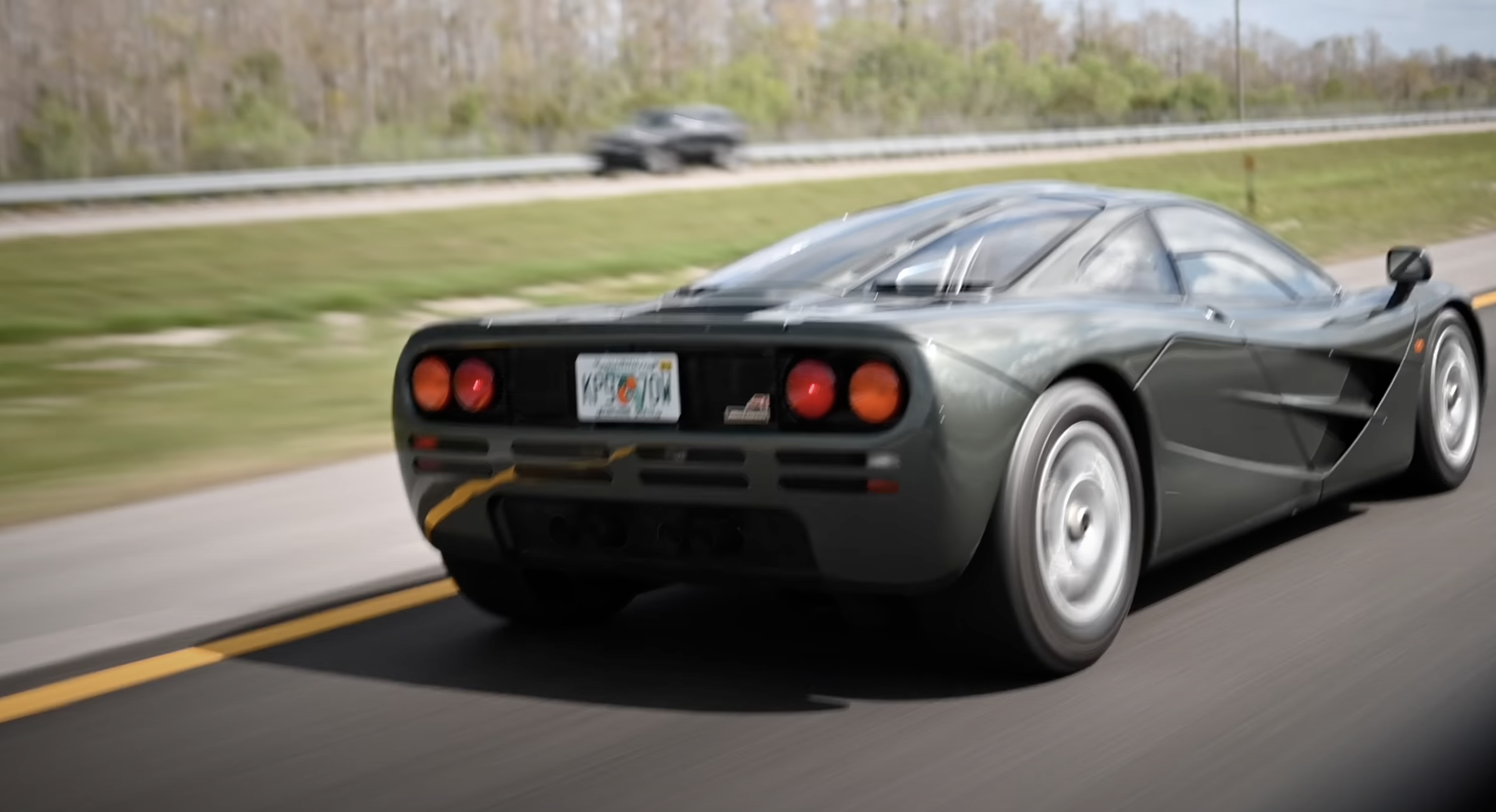After an okay from U.S. antitrust regulators on December 18th, BMW Group and Daimler have announced plans to merge their respective mobility services, a transaction that is intended to be closed by the end of January. Americans may not be particularly familiar with the family of services offered by the two automotive giants, as most of their market share is centered in Europe and South America, but BMW launched a pilot program for their ReachNow ride- and car-sharing app earlier this year in Seattle. Additionally, media outlets are reporting that unnamed individuals have confirmed the competitors are considering the possibility of sharing components and technology in the future, such as vehicle platforms, batteries, and autonomous driving technology.
The joint venture is promised to have a focus on, “ensuring the personal freedom of customers in the field of urban mobility,” and is further pitched as being geared toward a fresh vision of how people will get to where they need to go. The umbrella of services includes solutions for street and garage parking, electric vehicle charging, taxi hailing, ride-sharing, car-sharing, car rental and and the purchasing of fares for public transit systems. As mentioned above, most of these services are exclusively available in Europe with Beat also providing ride-hailing service in South America, but integration of the businesses and sharing of technology will likely allow for further expansion, potentially in the U.S.
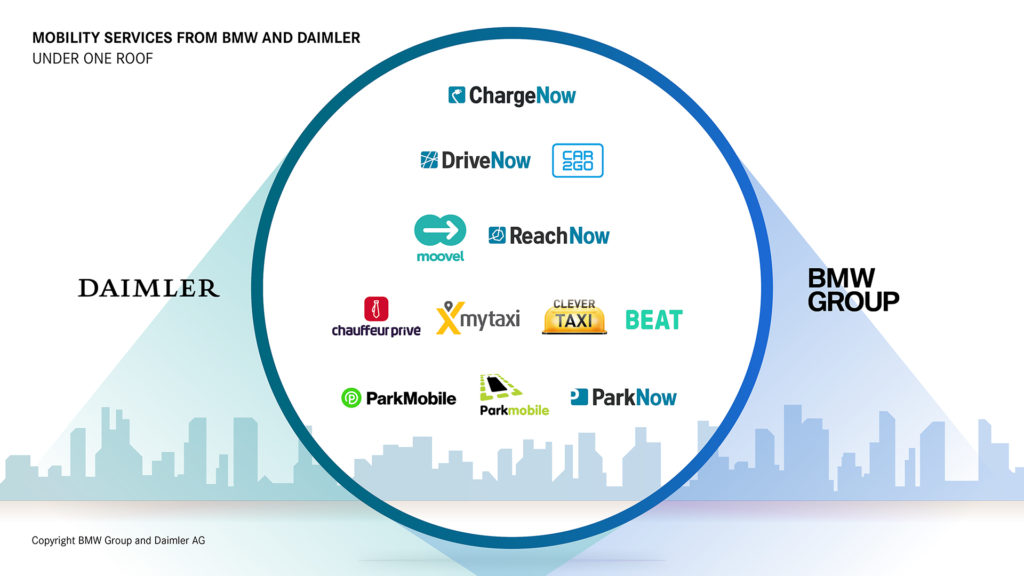
Industry analysts seem to be praising the integration of mobility services that will likely follow the merger as a good move, owing to mounting expenditures and investments in technology that have been acting as a drag on the bottom lines of almost all automakers. Some have also explained the joint venture and others like it as an agile way to outflank cash-rich players like Google (Alphabet, Inc.) and other technology firms who have a strong leg up on those who build the actual hardware.
We’re really more interested in the potential for two perennial enemies to be sharing items as substantial as vehicle platforms down the line though. It’s all merely speculation at this point, but the same investments in technology and general preparation for a future that looks very different than the last century as far as driving and mobility are concerned are a strong motivation in this arena as well. Both BMW and Daimler, which owns Mercedes-Benz, cut their profit outlooks for 2018, and they aren’t the only ones considering enhanced collaboration, as Ford and Volkswagen are also discussing a joint venture to produce vans and perhaps autonomous vehicles. As wave after wave of new technology ripples through the traditionally slow-to-move automotive industry, traditional core competencies and competitive advantages that previously existed between age-old competitors are eroding.
Can we tolerate a world where BMW and Mercedes-Benz are closer together than ever before? Those well-versed in the history of BMW will recall that in the late 1950’s, years of high spending and producing cars for a limited luxury market brought the automaker to the brink of financial ruin. This precarious position resulted in talks where the idea of selling BMW to what was then referred to as Daimler-Benz to avoid bankruptcy and liquidation came up. Key differences between the brands still exist today, with BMW tending to eschew a bit of luxury in favor of a more engaging driving experience and aggressive looks, but as time wears on, and more and more models find themselves with electrified drivetrains, the contrasting differences between the two continue to shrink.
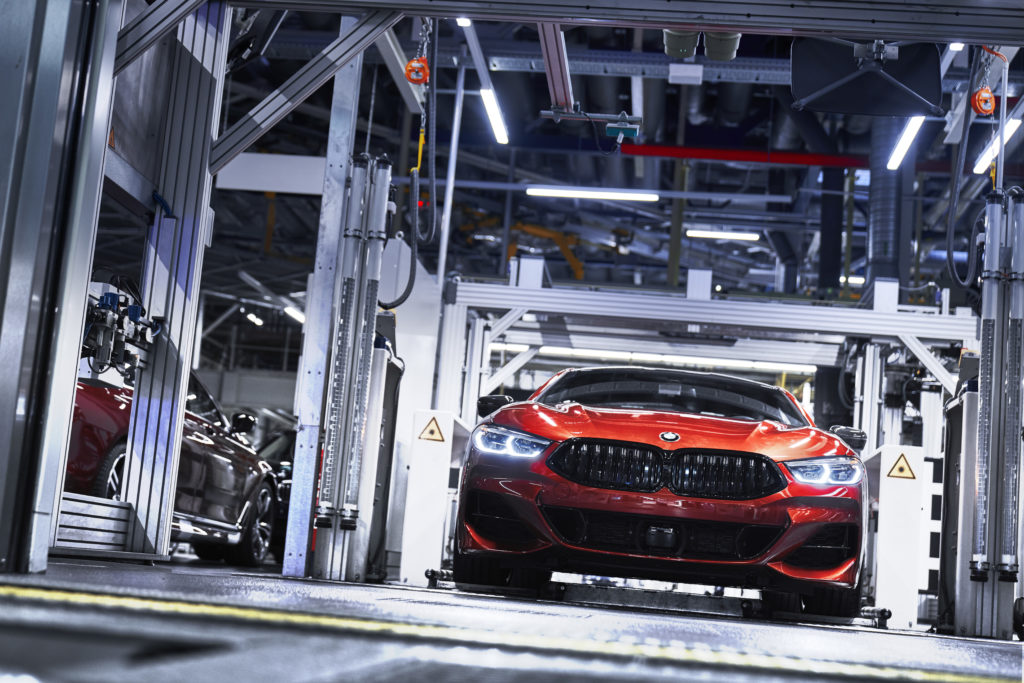
In a world where steering feel, the engine and other previously defining elements like brakes are distant memories, does it really even matter if you’re being autonomously chauffeured in a BMW or Mercedes? The two companies have been collaborating as far as component purchasing for some time now, and also bought a digital mapping company with Audi back in 2015, so the idea of working together to tackle technology is nothing new. Nonetheless, previous ventures haven’t always proved so fruitful, with General Motors selling its stake in PSA Group back in 2013 after it failed to yield any real savings, and Suzuki and Volkswagen ending relations in 2016.
One might be willing to place a bit more faith in the master class that BMW and Mercedes operate within, but right now, the merger of mobility services and talks of potentially sharing vehicle platforms and other important components and technology systems is creating more questions than answers.—Alex Tock
[Photos courtesy BMW AG.]

